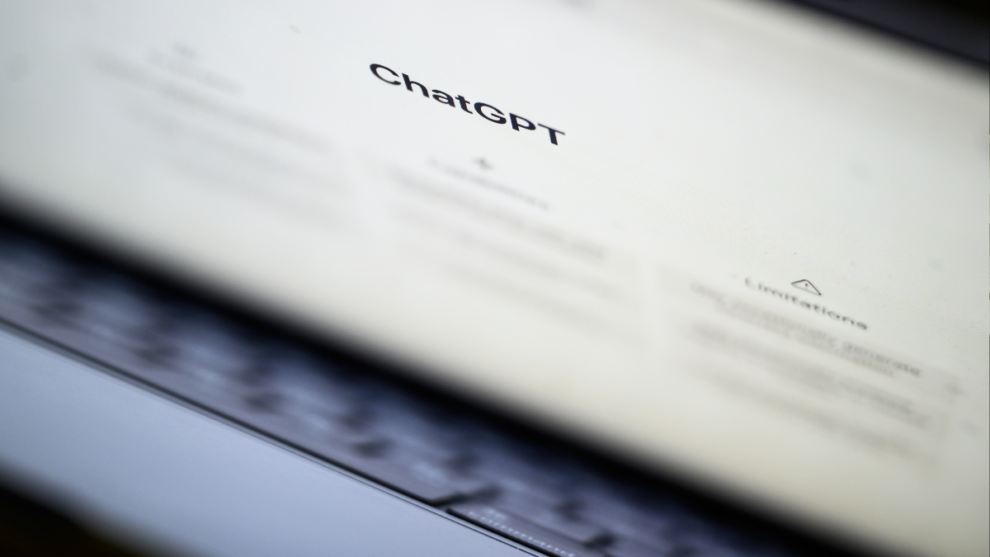TheWRAP
Major Media Companies Including Disney, NY Times and CNN Are Quietly Blocking ChatGPT
The companies are trying to prevent the software referred to as artificial intelligence from scraping their content

In an echo of the labor battle currently grinding Hollywood to a halt, some of the biggest media companies in the country are taking steps to protect themselves — and their content — from ChatGPT, the generative chatbot created by OpenAI.
According to CNN’s Oliver Darcy, the companies — which include among their ranks The New York Times, Disney, CNN and Reuters — have added code to their websites to prevent them from being scanned by GPTbot, ChatGPT’s webcrawler.
Darcy also reports that outlets such as Bloomberg, The Washington Post, The Atlantic, Axios, Insider, ABC News, ESPN and Gothamist, and major publishers like Condé Nast, Hearst and Vox Media are also taking protective steps.
“I see a heightened sense of urgency when it comes to addressing the use, and misuse, of our content,” Daniel Coffey, president and CEO of the News Media Alliance, told Darcy. “One publisher told me it is an existential threat. Another publisher told me there isn’t a business model with certain uses of A.I.… There is a sense of urgency to address this.”
GTPbot and similar programs collate and aggregate scanned content, a process colloquially known as “scraping,” which is used to “teach” ChatGPT how to provide more accurate responses to human users. But GPTbot scrapes whatever it can access online without heed to potential harm — far from “intelligent,” a sizeable staff of outsourced human labor is required to identify harmful content — or copyright.
And the latter is of course a huge problem for companies with large libraries of copywritten content. Or, in the case of news organizations, a product already squeezed by the near-monopolization of advertising by platforms such as Facebook and Google.
Multiple media companies are already considering lawsuits against OpenAI over copyright theft, including the New York Times. If that happens, they would join a growing wave of opposition.
For instance, comedian Sarah Silverman and two novelists, Christopher Golden and Richard Kadrey, are suing OpenAI for copyright infringement, based on the argument that their copyrighted works were scraped without consent or compensation.
The Federal Trade Commission is investigating OpenAI’s data collection system, and the European Union is currently developing what could become the first system to regulate so-called “artificial intelligence” globally. In response to the former, OpenAI CEO Sam Altman complained on Twitter about the fact the FTC went public with its concerns. In response to the latter, Altman threatened to abandon Europe entirely, though he later backtracked.
Meanwhile, Disney’s actions to protect its media properties from scraping comes at an ironic moment for the company, one of the major studios currently at odds with the striking Writers Guild of America and SAG-AFTRA.
Both guilds have cited concerns about the various software commonly referred to as “artificial intelligence” in their strike declarations. And among other things they are seeking robust and enforceable guarantees from studios that software like ChatGPT won’t be used in any way to replace human labor.
WGA resumed negotiations with the studios in early August, but issues related to AI continue to be a significant obstacle to convincing the guild to end its strike. Notably, WGA said in a statement Aug. 24 that the studios “continue to refuse to regulate the use of our work to train AI to write new content for a motion picture.”


